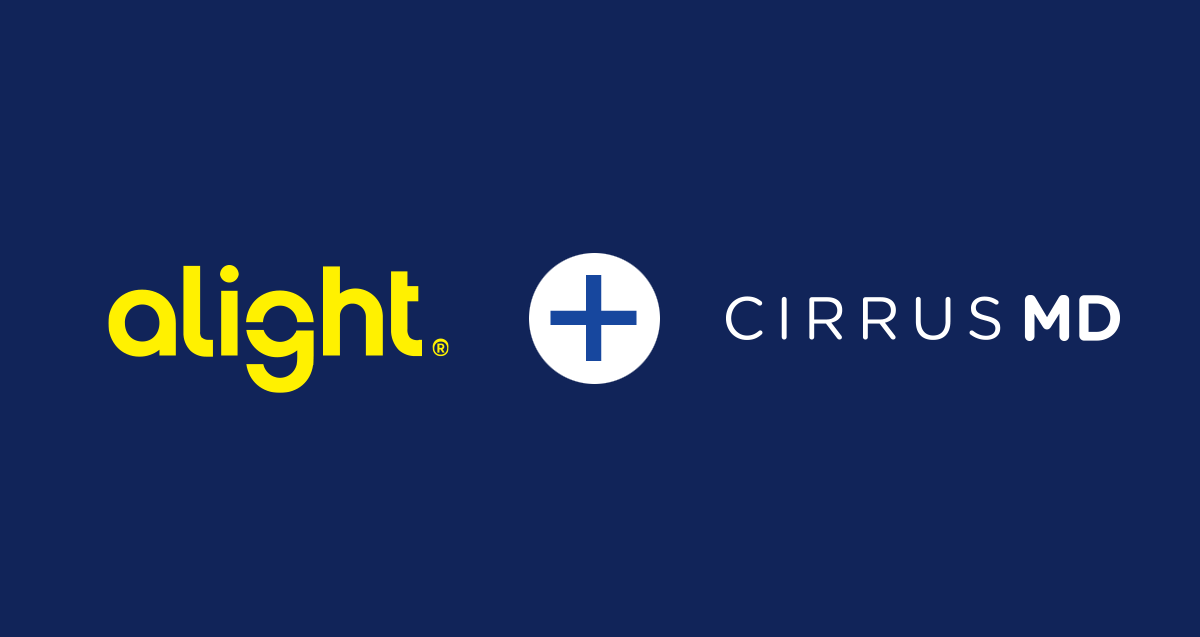CirrusMD is proud of our commitment to Medicaid — offering on-demand access to expert physicians for over 5.2 million Medicaid members nationally. Through our partnership with UnitedHealthcare Community & State, we power UHC Doctor Chat, a virtual care benefit for members offered in 19 markets.
It’s a privilege to collaborate with clients like UHC Community & State, as they lead the way in creating innovative initiatives and invite their partners to join them in delivering even greater value to members.
In this case, UHC pharmacy leaders saw the difficulty faced by rural members in obtaining care, specifically those in medically underserved communities with few healthcare professional resources. They formulated a plan to use local community pharmacies as hubs for care, and through collaboration with CirrusMD, a team including local pharmacists is providing immediate virtual care access to qualified doctors. Through this program, Medicaid members can access physicians instantly for acute and primary care services, which in turn will improve outcomes and close gaps in care in communities that need healthcare the most.
How Local Pharmacies Can Help Solve Common Problems
What does this look like in practice?
There are now over 35 Community Pharmacy Enhanced Services Network (CPESN) locations in 3 states — including Virginia, North Carolina, and Florida — that serve as an access point to virtual care. Using a tablet provided in a private location at each pharmacy, UHC members can engage a doctor virtually through UHC Doctor Chat. As clinically appropriate to support the virtual visit, the pharmacist is able to perform various tests as directed by the physician (for example, blood pressure, COVID-19, influenza, strep A, RSV, UTI, blood glucose), administer vaccines (including flu, TDaP, hepatitis A and B, pneumonia, shingles, RSV), or provide therapeutic injections (such as GLP-1 agonist, LAIs, B12, insulin, depot birth control, testosterone, Prolia) at the point of care. Test results can be reviewed in real-time with the Doctor Chat physician. If a prescription is written during the encounter, members can have it immediately filled on-site at the CPESN pharmacy before heading home. This 3-way collaboration is a huge win for patients by providing a care option that fits into their regular routine; their pharmacy now becomes another access point for UHC Doctor Chat and an easy way to have a wide range of care needs conveniently met.
Read more on the UHC Community & State blog about the impact of this partnership in North Carolina.
UnitedHealthcare Community Plan of North Carolina is committed to closing gaps in care for underserved communities. Our $75,000 investment in collaboration with Community Pharmacy Enhanced Services Network (CPESN) will help provide health care services to health professional shortage areas (HPSA) through 11 strategically identified pharmacy telehealth hubs. CPESN is a clinically integrated network of pharmacy providers with more than 3,500 community pharmacies participating in 49 local networks within 44 states.1 The network is directed by a board of community pharmacy owners appointed by their local CPESN Network.
Health Professional Shortage Areas
Approximately 83 million Americans live in HPSAs.
An insufficient quantity of providers has serious negative implications for patients and communities including higher rates of hospitalization, lower quality of care and higher mortality rates.
HSPAs are more prevalent in rural areas where the average patient-to-physician ratio is 39.8 physicians per 100K individuals compared to 53.3 physicians in urban areas.
Telehealth services utilized at home are also more difficult for rural residents due to a lack of access to broadband services. When specifically considering North Carolina, 92 counties have a shortage of primary care providers.




